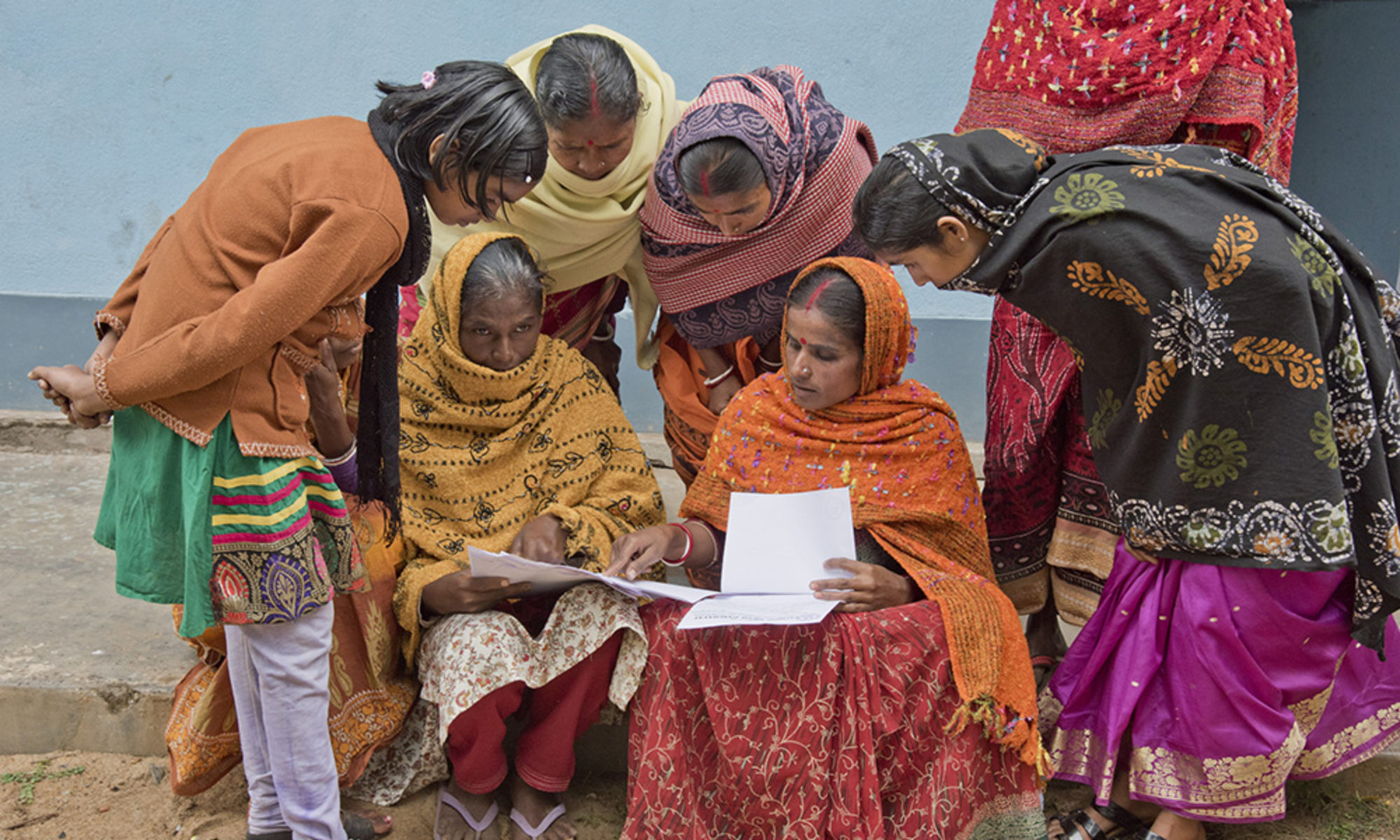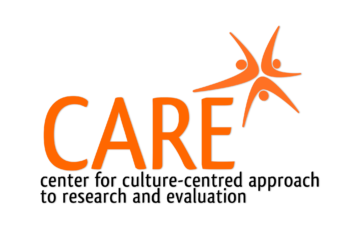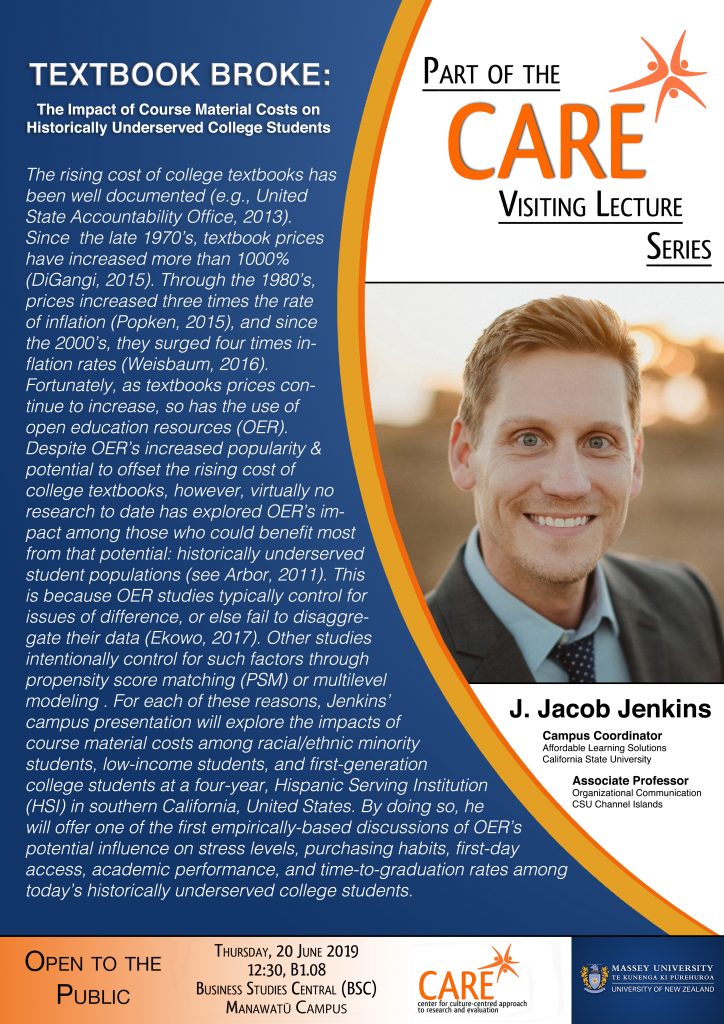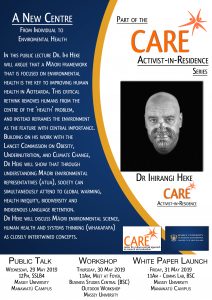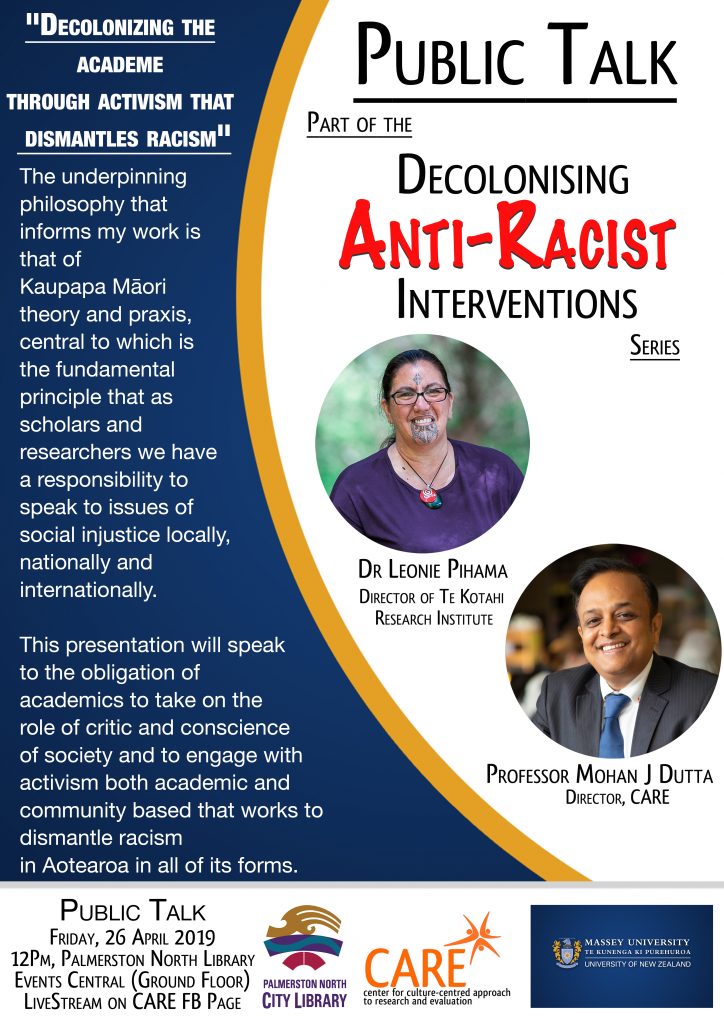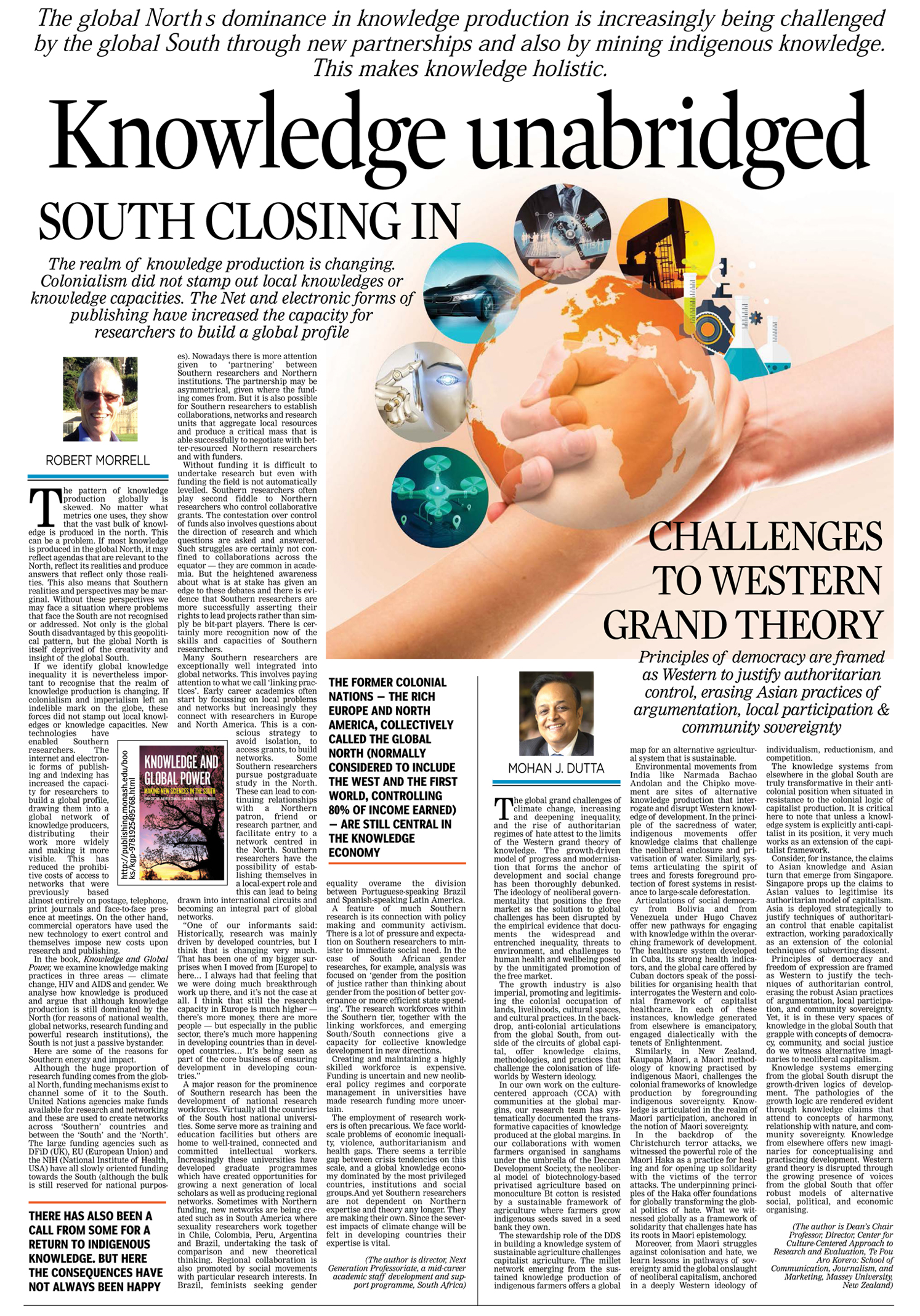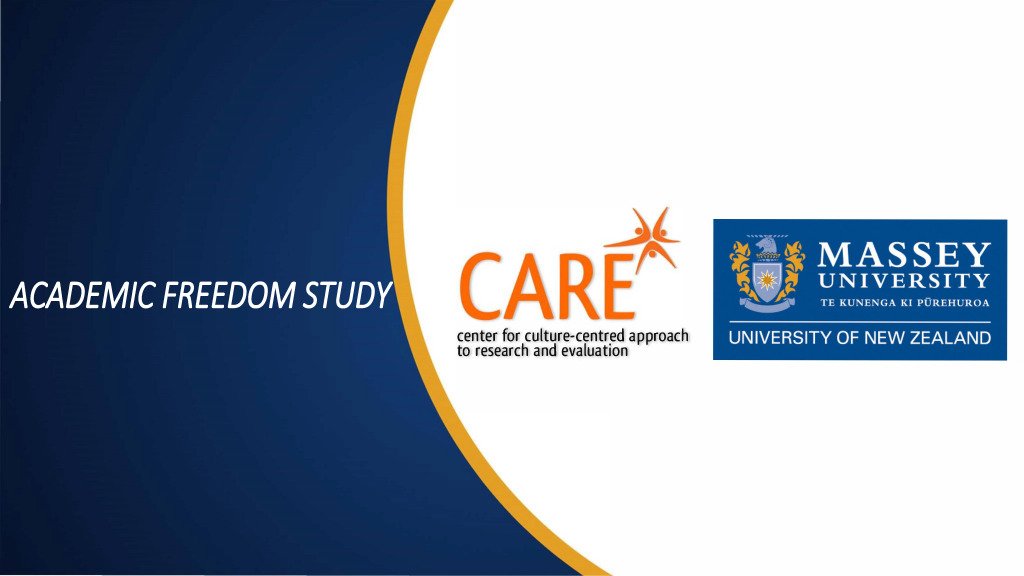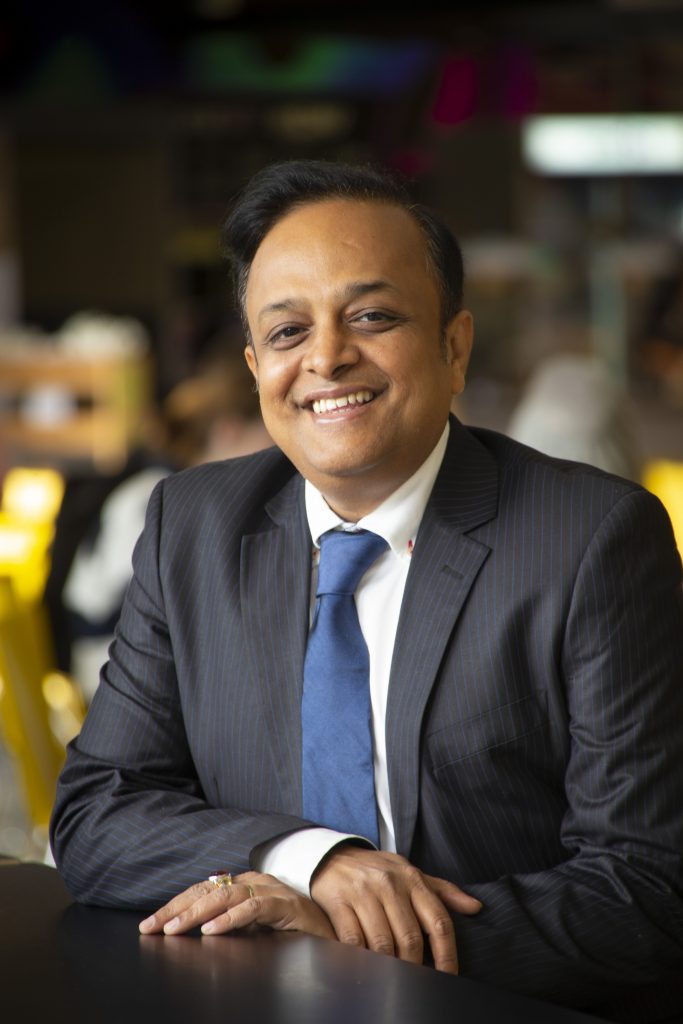To reclaim India is to reclaim both the secular and socialist roots of the nation.

MOHAN J.DUTTA | 1 MAY, 2019
To reclaim India is to reclaim both the secular and socialist roots of the nation.
Building up to the 2019 elections, the question, “whether India will be India,” is being asked in various conversations across India, in the diaspora, and globally. The question is a powerful one and one that calls for critical reflection as India goes to vote.
What is the idea of India that needs to be defended with vigour?
And more importantly, how does this conversation on India taking place in mostly English language plaforms, often among the elite, connect with the conversations on the idea of India taking place in India’s fields, among the farmers, in the production units, among the workers, among the large numbers of unemployed youth, among the precarious workers in the informal sectors, among India’s Muslims who live amidst the everyday fear for their lives, among India’s adivasi peoples?
Going back three decades to my NCERT textbooks in the Kendriya Vidyalaya where I went to school and learned my first lessons on citizenship, I am reminded that the idea of India was never articulated as a concept in the classroom.
One took the idea of India as a given in the concepts of secularism, socialism, and democracy. The lessons in history and geography in the classroom were strengthened and crystallized in community life, in the neighbourhood, in celebrations, and in the everyday culture.
That secularism is how one simply lived and how communities breathed their everyday life was evident in the neighbourhoods, local markets, tea stalls, mosques, churches, and temples. The sound of the azaan at dawn mingled in perfect harmony with the sound of the bells from the evening prayer at the temple.
That socialism forms the democratic aspiration of people was manifest in the land reforms, strong voices of unions, the strong presence of the Left parties, and the equally strong presence of social movements.
The twin concepts of secularism and socialism formed the bulwark of democratic life. The vibrant community groups, local governance, and public participation in the democracy were guided by the calls to equality.
These key ideas defined for me the spirit of India, with its vast openness to many faiths, worldviews, and ways of thought. The Red Book stores that would be on full display in the front of the Durga Puja pandals across West Bengal reflected for me the essence of this spirit.
In the Bengal of the 1980s and 90s when I was growing up, the idea of India was marked by its absence. One simply witnessed the values of socialism, secularism, and democracy in the fabric of daily life.
The first time that I grappled with the meaning of India was in December 1991, with the image of the chariot procession of the now revived-as-a-liberal icon, Lal Krishna Advani, and the mobs that had secured access to the mosque. The images of the destruction of the mosque by saffron-waving gangs quickly transformed into stories of violence and riots as they started erupting across India.
That was the first time as a College-going student I grappled with the idea of India.
Fast forward three decades, the saffron-wearing fringe elements are now running India. One of them, selling the story of struggling out of poverty to become a leader of a democracy, is now the Prime Minister. Many accounts suggest that the same saffron-clad icon was complicit in the massacre of innocent Muslims as Chief Minister of Gujarat.
The saffron tide of 2014 that brought the extremist fringe into power was also a continuity of the extreme neoliberal policies that saw entrenched inequalities, disenfranchisement, and weakening of worker collectivization.
That the ideas of socialism and democracy, the other two anchors of the idea of India, were already disappearing under a neoliberal deluge is reflected in the full-fledged turn to liberalization. Even as the urban landscape started rapidly transforming, socialism became outdated and secularism turned into an abuse.
Programs such as Operation Green Hunt were organized campaigns that legitimized the systematic attack on India’s adivasi people to enable large scale land grab, privatization, and profiteering, all in in the name of development. For journalists fed on the neoliberal ideology, the market offered the all-emancipating solution.
The neoliberal promise, that the turn to the market would cleanse the corruption, formed the zeitgeist of this new India. Large movements promising to cleanse corruption performed public spectacles, all too appealing to the neoliberal imaginaries of the urban middle classes. The country could be free from corruption and economic growth could be achieved, placing private capital as the solution.
Paradoxically, the notion that the private sector and its profit-driven motives formed the basic infrastructure of corruption was strategically obfuscated, instead promoting reforms that were seductive for the middle classes.
This very premise of corruption-free economic development mainstreamed the saffron fringe. That economic development driven by further neoliberal reforms would present a new India was the promise offered by the saffron regime. For many of the middle classes and those in the diaspora, the saffron was unpalatable but the stigma of fringe could be set aside with the promise of “Make in India.” The promise of further neoliberal reforms, dressed up in cleansing India of corruption, and modelled after “vibrant Gujarat” worked to erase the stigma of the saffron for the Indian middle class that identified as liberal.
For a strand of the diaspora, negotiating the everyday onslaughts of marginalization, the saffron turn offered a new basis for identity. This identity, founded on the image of a strong India, was also now palatable for the middle classes in the Indian mainstream. The saffron turn, with its promise of “Make in India” would deliver economic growth, coupled with cultural revitalization. The Indian (read Hindu Indian) would now feel a sense of glory at home and abroad, attaching with brand saffron.
In the past four years, the mainstreaming of saffron has been actively achieved through political and media discourse. It is no longer fringe to want to kill a Muslim or to make a statement about killing Muslims. It is the mainstream narrative of a section of middle class India. Anyone questioning this narrative is labelled an anti-national and sent to Pakistan by the English language channels of Times Now and Republic TV, with a large middle class following.
Five years have come and gone. The empirical evidence attests to many undelivered promises. Much like the empty sloganeering of a “Vibrant Gujarat,” a “Make in India’ re-make of Indian economy remains a mirage.
It is not in this middle and aspiring class that I hold the hope for India.
The possibility of reclaiming India does not lie in my privileged voiced or the voices of experts who see the danger of a fascist politics that threatened to engulf India. We have, for most instances, detached ourselves from the people, from the struggles of the soil, from the hardships that are the everyday reality for the majority of India.
The hope for India lies in the rural, among the urban poor, among the workers, and among the farmers. The hope for India lies in its adivasi and dalit people as they turn their voices of disenfranchisement into votes at the ballot. The hope for India lies in the many farmers who have flooded the capital in protest. The hope for India lies in the many workers who have shown up in seas of red. The hope for India lies in Begusarai as we witness the possibilities of what can be. With one parliamentarian that represents these fundamental ideals enshrined in the constitution.
To reclaim India is to reclaim both the secular and socialist roots of the nation, written into the constitution.
I don’t have much hope in a neoliberal elite that somehow continues to bow to the pseudo-science of the market. I do have hope, however, for the other India that does the everyday work of making it and imagining it.
